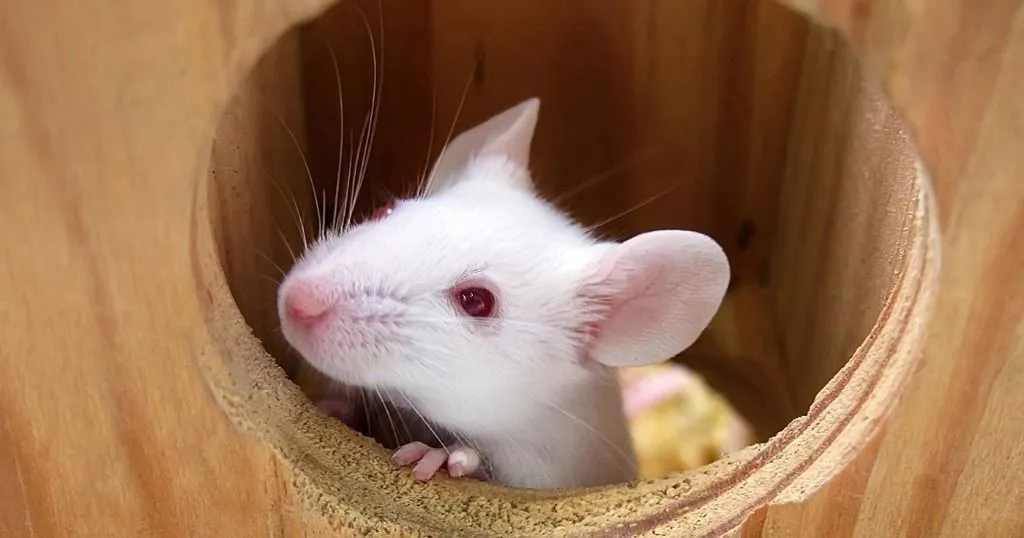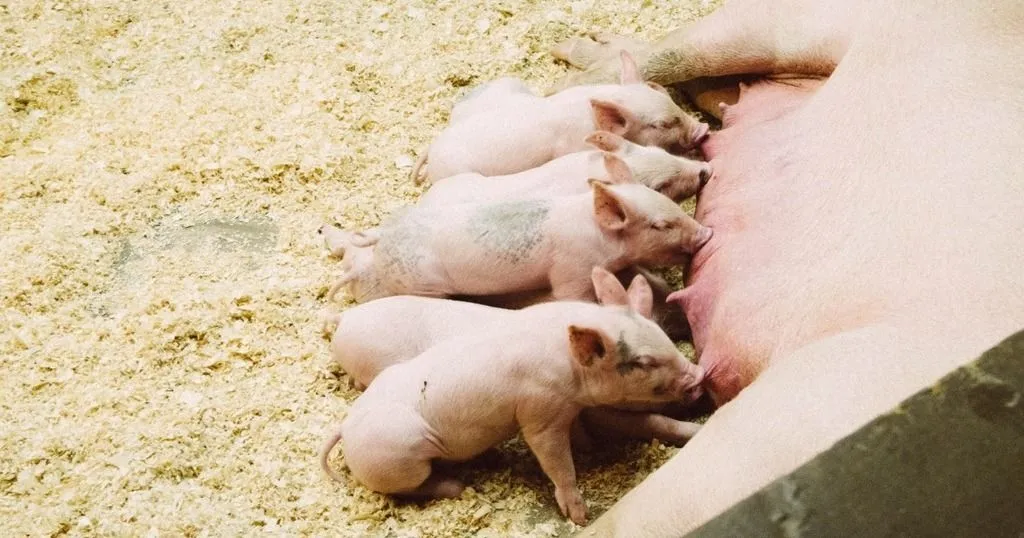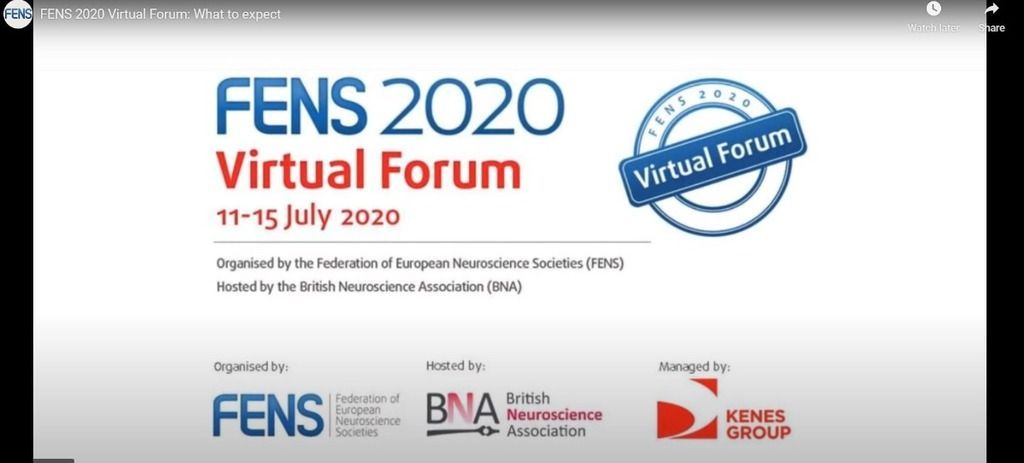5 Reasons to attend FENS 2020, the first virtual forum on neuroscience
Due to the worldwide COVID-19 pandemic, daily life as we know it came to a halt a few months ago. Because of restrictions on travel and meetings, the upcoming FENS Forum 2020 is going virtual for the first time.
Posted by
Published on
Mon 06 Jul. 2020
Topics
| CatWalk XT | ErasmusLadder | EthoVision XT | Neuroscience | PhenoTyper | Conferences |

Due to the worldwide COVID-19 pandemic, daily life as we know it came to a halt a few months ago and many of us are forced to work from home and change our daily behavior. While many countries are slowly loosening up restrictions, traveling without limitations and meeting up with thousands together at an international conference is still not an option.
However, these challenging times lead to new ideas and opportunities. One of them is FENS 2020 going virtual. Although we will miss not meeting face-to-face in Glasgow, we are looking forward to join FENS 2020 Virtual Forum. Here are five reasons to go join FENS 2020 Virtual Forum!
5 Reasons to attend FENS 2020 Virtual Forum
- First time event – The FENS forum has been organized every other year since 1998, but this edition will be the very first of its kind, a Virtual Forum. Although we will not be able to meet each other in-person it is still a good way to learn more about all the latest neuroscience developments this year, from basic to translational research. The full FENS Forum scientific programme will have over 300 speakers.
- Interactive posters and live chat with the authors – There will be 7 poster sessions during FENS 2020 between Sunday and Wednesday. Did you know we are hosting an e-poster on automated video tracking and behavior recognition in rodents? Noldus Founder and CEO Lucas P.J.J. Noldus, Ph.D. will present it during the poster sessions so make sure not to miss him!
2661: Automated video tracking and behavior recognition in rodents: deep learning improves tracking robustness and classification accuracy (J.7)
*Sunday, 12 July 2020 - Morning poster session, 10:30-12:00 (BST/GMT+1)
*Monday, 13 July 2020 - Morning poster session, 10:30-12:00 (BST/GMT+1)
P.S. Access to presentations and posters will be available for up to 3 months after the Forum!
- Networking opportunities – Various Networking Events are organized by FENS, the Host Society Committee and other third-parties to confer a lively atmosphere to the Forum. They‘re held daily from 18:45 (BST/GMT+1) throughout the Forum days and outside the main scientific programme.
- #FENS2020 Photo Contest – You cannot have a virtual event without a virtual contest! If you share a picture that captures the essence of the FENS Virtual Forum on either Twitter or Instagram you’ll have a chance of winning a free registration to #FENS2022 in Paris! See the FENS website for full details.
- Online exhibition – Last but not least: just like other years there will be an exhibition at FENS Forum, this time taking place online as well. Visit international companies in the virtual exhibit hall to discover the latest trends and tools for neuroscience and behavioral research. Make sure to visit the virtual booth of Noldus too!
Curious what the FENS 2020 Virtual Forum will be like?
Check the impression movie that the FENS organizers made.
Join us at #FENS2020 Virtual Forum on 11-15 July 2020!
Related Posts

Mixing sows: aggression and stress of group housing on first-time sow mother

Why attend FENS 2022, Forum of European Neuroscience


